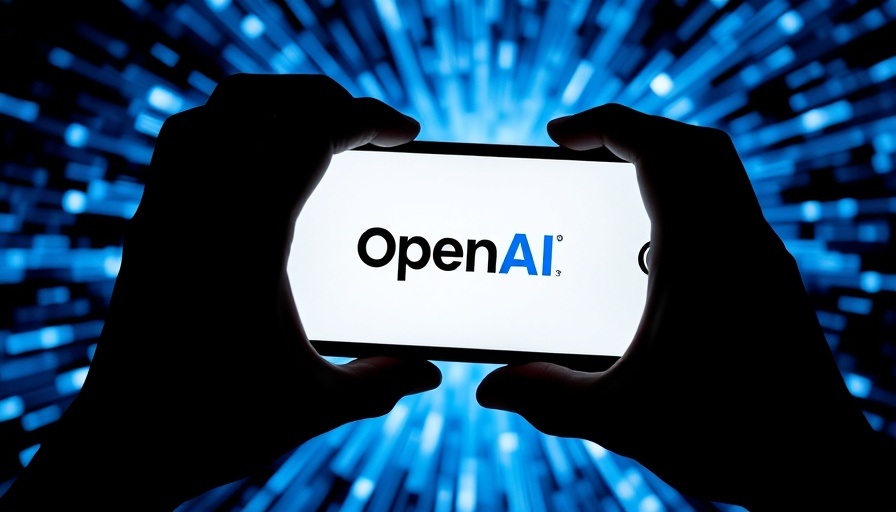
Protesters Rally Against AI Technology: What Are Their Concerns?
On a brisk Saturday afternoon in San Francisco, a coalition of protesters from the Stop AI organization gathered outside the headquarters of tech giant OpenAI. Their mission was to voice alarm over the potential risks of artificial general intelligence (AGI), warning that unregulated development could lead to catastrophic consequences for humanity.
A Risk for Humanity: The Call for Action
The protesters carried banners and chanted slogans, demanding that the government impose a strict ban on AGI. They argue that AGI could possess intelligence surpassing that of humans, configured in ways that may be hostile or uncontrollable. One activist remarked, "They have no proof that a smarter-than-human system will stay safe forever. Without that proof, they should never build it." These fears echo wider societal anxiety about the rapid growth and implications of AI technologies.
Recent Events and Their Impact on the Movement
A significant element of the protest centered around the tragic death of Suchir Balaji, a former OpenAI employee whose passing was ruled a suicide. Balaji had been a whistleblower, raising questions about the company's alleged copyright infringements and ethical practices. His family disputes the circumstances of his death, deeming it suspicious, and are actively pursuing legal recourse against the city and county of San Francisco. Balaji's case has become a rallying point for the Stop AI movement, tying their concerns about AGI directly to ethical considerations surrounding technology companies.
Learning From History: Nonviolent Movements Inspiring Protest
The Stop AI group has drawn inspiration from historical nonviolent movements, seeking to mobilize a critical mass of support—aiming for at least 3.5% of the U.S. population. They liken their efforts to the Just Stop Oil protests in the UK, seeking to create widespread awareness and encourage community participation in their fights against AGI. By framing their message in a context of civil disobedience and ethical responsibility, they strive for engagement and dialogue over conflict.
What Lies Ahead: The Future of AI Regulation
Government and regulatory responses to the fears raised by Stop AI and similar organizations will determine the trajectory of AGI development. If public sentiment mirrors the protesters' concerns, we might see increased political pressure for regulations that manage or restrict advancements in AI technologies. As of now, OpenAI has not officially commented on the protests or the group's demands, leaving the fate of AGI development in a precarious balance.
The Broader Conversation: Risks and Consequences of AGI
The rise of AI technologies poses a dual-edged sword: while they promise vast advancements in many sectors, they also introduce complexities and ethical dilemmas that are not fully understood. Protests such as those organized by Stop AI shed light on a growing fear among a section of the public that without careful management, the pursuit of ever-more capable AI might lead to societal disruption, unemployment, and even existential threats.
As this debate unfolds, it is critical for interested parties—technologists, policymakers, and the public alike—to engage in deep, constructive conversations about the future of AGI, ensuring that innovation does not come at the cost of safety and ethical oversight.
 Add Row
Add Row  Add
Add 




 Add Row
Add Row  Add
Add 

Write A Comment